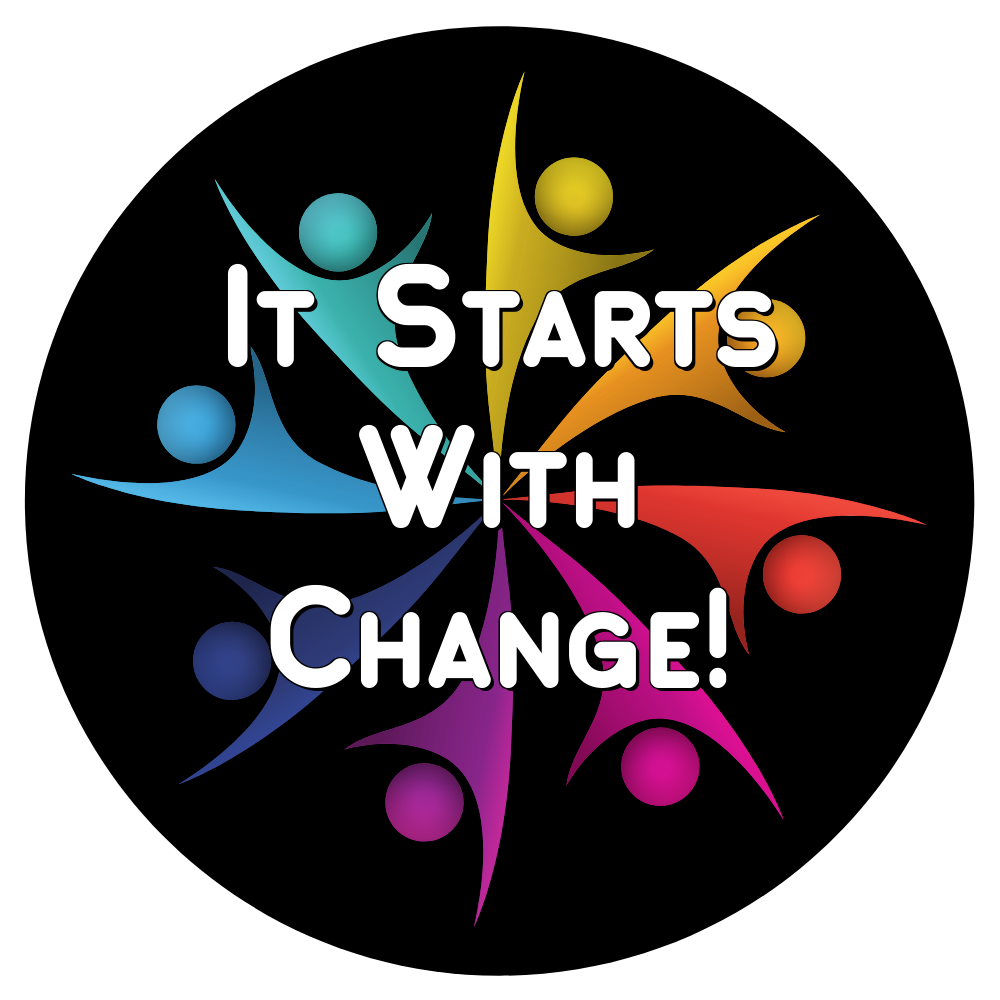Did you know that only 39% of people have a high level of self-belief? That means that the majority of individuals are struggling with self-doubt and uncertainty, hindering their ability to reach their full potential. But here’s the good news: building self-belief is possible, and it can transform your life in incredible ways.
Key Takeaways For Believing in Yourself:
- Self-belief is a powerful force that leads to success and fulfillment.
- Believing in yourself has numerous benefits, including boosting self-esteem and developing a growth mindset.
- Overcoming self-doubt and building self-confidence are crucial steps in unlocking your potential.
- The principles of confidence include positive self-talk, a growth mindset, and emotional control.
- Practicing self-love, challenging limiting beliefs, and changing your physiology are effective strategies for building confidence.
The Benefits of Self-Belief
Believing in yourself has numerous benefits both psychologically and practically. Self-confidence is the key to unlocking your true potential and living a fulfilling life. Here are some of the advantages of cultivating self-belief:
- Boosting self-esteem: When you believe in yourself, you develop a positive self-image and a strong sense of self-worth. This, in turn, boosts your self-esteem and helps you navigate life with confidence.
- Positive self-talk strategies: Self-belief enables you to change negative self-talk into positive affirmations. By replacing self-doubt with self-encouragement, you empower yourself to overcome obstacles and achieve your goals.
- Developing a growth mindset: Self-belief is closely linked to having a growth mindset. When you believe in yourself, you embrace challenges as opportunities for growth and learning. This mindset fosters resilience and allows you to continuously develop and improve.
Self-confident individuals are more willing to take risks and work towards their goals. They have a greater sense of control over their lives and are better equipped to face challenges and overcome adversity. Self-belief is also associated with higher levels of self-esteem, a positive attitude, and a more optimistic outlook on life.
Developing self-belief involves changing negative self-talk, acknowledging accomplishments, and embracing personal strengths. By challenging self-limiting beliefs and reinforcing positive thoughts, you can boost your self-esteem and cultivate a strong belief in your abilities.
Remember, believing in yourself is a journey that requires practice and persistence. By nurturing self-belief, you can unlock your full potential and create a life filled with confidence and success.
Overcoming Self-Doubt
Overcoming self-doubt is a critical step in building self-belief. To cultivate self-assurance and develop a more resilient mindset, it’s important to address negative self-talk and limiting beliefs that hold you back.
One effective way to challenge these negative thoughts is by replacing them with positive affirmations. Affirmations are statements that reinforce positive beliefs about yourself and your abilities. By repeating affirmations regularly, you can reprogram your mindset and shift your focus towards your accomplishments and strengths. For example:
“I am capable of achieving my goals.”
“I have the skills and knowledge to succeed.”
“I am worthy of success and happiness.”
Focusing on your achievements and strengths can boost your self-assurance and help diminish self-doubt. Recognize your past accomplishments and celebrate milestones along your journey. By acknowledging your capabilities, you build a foundation of belief in yourself.
Practicing self-belief exercises can also help in overcoming self-doubt. These exercises involve engaging in activities that challenge you and push you outside of your comfort zone. By gradually expanding your comfort zone, you’ll develop a stronger sense of self-assurance. Some self-belief exercises you can try include:
- Taking on new challenges and setting achievable goals
- Reflecting on your accomplishments and learning from failures
- Visualizing success and imagining yourself overcoming obstacles
- Surrounding yourself with supportive and encouraging people
Remember, building self-belief is a process that requires patience and consistent effort. Overcoming self-doubt is possible with perseverance and the willingness to challenge your negative thoughts and beliefs. By practicing self-assurance exercises, using affirmations, and embracing your accomplishments and strengths, you can unlock your potential and cultivate a strong belief in yourself.

Building Self-Confidence
Building self-confidence is an essential part of believing in yourself. When you have confidence in yourself and your abilities, you can tackle challenges with determination and achieve your goals. Here are some self-confidence tips and self-assurance exercises to help you develop a strong sense of self-worth:
- Set achievable goals: Break down your big goals into smaller, manageable tasks. By setting achievable goals, you can experience a sense of accomplishment and build confidence as you make progress.
- Acknowledge your growth: Reflect on your progress and acknowledge how far you’ve come. Celebrate even the small victories, as they contribute to your overall growth and development.
- Practice positive self-talk: Challenge negative thoughts and replace them with positive affirmations. Remind yourself of your strengths and capabilities, and focus on the progress you’ve made.
- Take care of your physical and mental health: Engage in activities that promote your well-being, such as exercising regularly, getting enough sleep, and practicing self-care. When you feel good physically and mentally, it can boost your confidence.
- Surround yourself with supportive people: Seek out positive and encouraging individuals who believe in you and support your aspirations. Their support can help reinforce your self-belief and provide valuable encouragement.
By incorporating these self-confidence tips and self-assurance exercises into your daily life, you can gradually build your self-confidence and develop a strong belief in yourself and your abilities.
Building self-confidence is a journey that requires effort and practice. By setting achievable goals, practicing positive self-talk, and surrounding yourself with supportive individuals, you can boost your self-confidence and unlock your full potential.
The Principles of Confidence
Building confidence is a multifaceted process that involves various principles and strategies. By understanding these key principles and implementing them in your life, you can develop a strong sense of self-belief and unlock your full potential.
- Positive Self-Talk Strategies: The way you speak to yourself has a significant impact on your confidence levels. It’s important to challenge negative thoughts and replace them with positive affirmations. By consciously practicing positive self-talk, you can rewire your mind to focus on your strengths, achievements, and potential.
- Developing a Growth Mindset: Embracing a growth mindset is essential for building confidence. Rather than viewing challenges and setbacks as failures, see them as opportunities for learning and growth. Believing that you can improve and develop your abilities over time allows you to approach challenges with resilience and determination.
- Mastering Body Language: Your body language can influence how others perceive you and how you feel about yourself. Adopting confident body language, such as maintaining good posture, making eye contact, and speaking clearly, can not only enhance how others perceive you but also boost your own confidence.
- Embracing Emotional Control: Confidence is closely linked to emotional control. Learning to manage your emotions, especially in stressful or challenging situations, can help you stay calm and composed. By recognizing and regulating your emotions, you can maintain a positive and confident mindset.
Confidence isn’t solely based on external achievements or validation from others. It stems from within and is nurtured through positive self-talk, a growth mindset, body language, and emotional control. By applying these principles consistently, you can become the master of your emotions and choose to be confident in any situation.

How to Be Confident
To become confident, it is important to practice self-love and embrace self-awareness.
Start by valuing yourself and recognizing your strengths and weaknesses. Instead of focusing on your flaws, celebrate your accomplishments and unique qualities. Remember, self-love is not about perfection, but accepting and appreciating yourself for who you are.
Conquering limiting beliefs is another crucial step to building confidence. Challenge the negative thoughts and beliefs that hold you back from reaching your full potential. Replace them with positive affirmations and empower yourself to break free from self-imposed limitations.
Connecting confidence to your goals can significantly impact your mindset and motivation. When you align your actions with your aspirations, you reinforce your belief in yourself and your ability to achieve success. Visualize your goals and take small steps towards them, celebrating each milestone along the way.
“The greatest danger for most of us is not that our aim is too high and we miss it, but that it is too low and we reach it.” – Michelangelo
Your physiology plays a crucial role in how you feel and perceive yourself. Changing your physiology through body language can have a transformative effect on your confidence levels. Stand tall, make eye contact, and maintain an open posture. These simple actions can signal to yourself and others that you are confident and capable.
Taking credit for your achievements is essential for boosting your confidence. Recognize your accomplishments, no matter how small they may seem, and give yourself praise. Celebrate your progress and acknowledge the hard work you’ve put in to get where you are today.
Improving your self-talk is another powerful strategy for building confidence. Replace negative self-talk with positive affirmations and supportive words. Remind yourself of your strengths, capabilities, and past successes. By focusing on positive thoughts, you can create a more optimistic and confident mindset.

Conclusion
Believing in yourself is a journey that requires self-awareness, practice, and commitment. By overcoming self-doubt, building self-confidence, and embracing principles such as positive self-talk and a growth mindset, you can unlock your potential and live your best life.
Developing self-belief takes time, effort, and dedication, but it is a skill that anyone can cultivate. Through self-belief techniques such as challenging negative thoughts, practicing self-love, and setting achievable goals, you can gradually strengthen your belief in yourself.
Have faith in yourself and trust the process. As you continue to develop self-belief, you will begin to see new opportunities and possibilities unfold before you. Unlock your potential, be fearless in pursuing your dreams, and live a life filled with self-belief and endless possibilities.
Need more help with believing in yourself? Check out this article for more great tips: The Best Building Self-Confidence Tips to Change Your Life.
FAQ
How can I believe in myself?
You can believe in yourself by developing self-awareness and practicing self-belief techniques. This includes changing negative self-talk, acknowledging your accomplishments, and embracing your personal strengths.
What are the benefits of self-belief?
Self-belief has numerous benefits, including boosting self-esteem, developing a positive attitude, and cultivating an optimistic outlook on life. It also empowers you to take risks, work towards your goals, and face challenges with resilience.
How can I overcome self-doubt?
Overcoming self-doubt starts with identifying and challenging negative self-talk and limiting beliefs. By replacing negative thoughts with positive affirmations and focusing on your accomplishments and strengths, you can cultivate self-assurance and develop a more resilient mindset.
What are some strategies for building self-confidence?
Building self-confidence involves setting achievable goals, making progress, and acknowledging your growth along the way. Taking care of your physical and mental health, surrounding yourself with supportive people, and practicing self-assurance exercises are also effective strategies for building self-confidence.
What are the principles of confidence?
The principles of confidence include adopting a positive mindset, mastering body language, embracing emotional control, and cultivating a growth mindset. Confidence is a belief that you can learn, grow, and overcome challenges.
How can I be confident?
You can be confident by practicing self-love, embracing self-awareness, valuing yourself, recognizing your strengths and weaknesses, and challenging limiting beliefs. Connecting confidence to your goals and changing your physiology through body language can also significantly impact your confidence levels.
How can I unlock my potential?
By developing self-belief through overcoming self-doubt, building self-confidence, and embracing principles such as positive self-talk and a growth mindset, you can unlock your potential. This journey requires self-awareness, practice, and commitment, but it is a skill that anyone can cultivate.







One Response